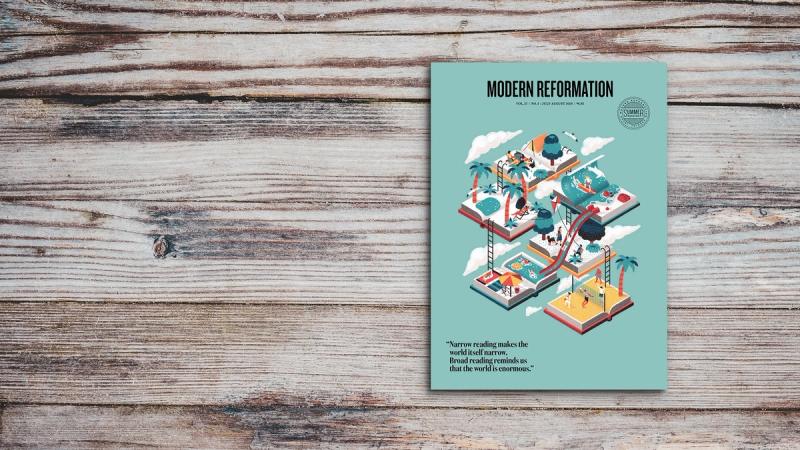In his book The Pleasures of Reading in an Age of Distraction, Alan Jacobs writes that Americans tend to think of reading as something that is “good for you”—the intellectual equivalent of eating kale and jogging. While acknowledging the value of how-to-read books—such as the venerable How to Read a Book by Mortimer Adler and Charles Van Doren—Jacobs says that the grave, almost severe manner in which these authors stress the educational and spiritual value of reading has had the unintentional effect of elevating it to an almost sacramental act in our social consciousness, something to be performed only with due reverence and awe. Since there can be no ritual ceremony without a priest, this mind-set has given birth to a particular class of readers (Harold Bloom, Thomas C. Foster, et al.), who have convinced the laity that they “are the proper guardians of reading and the proper judges of what kind of reading counts.” Jacobs tries to undo this by arguing that the best reason to read is because you want to. “Don’t turn reading into the intellectual equivalent of eating organic greens, or some fearfully disciplined appointment with an elliptical trainer of the mind in which you count words or pages the way some fix their attention on the ‘calories burned’ readout.” Read for the pleasure that comes from getting lost in a good book or from a better understanding of the world around you, not for the sake of being able to cross War and Peace off your checklist.
It’s a truth universally acknowledged that summer was invented by publishing companies to capitalize on this pleasure, and who are we to stand in the way of capitalism? Seriously, though, longer days and lazy vacations mean more time to finish that novel or start that book you got for Christmas. In honor of this great tradition, we’ve devoted this issue to helping you choose new books and learn more about the industry that produces them. Our esteemed book review editor has been hard at work compiling reviews of some of the best books we’ve seen during the past few years. They cover a wide range of genres—from Christian living and church history to a novel about the persecution of Japanese Catholics, and a new edition of one of the best works in biblical criticism—so there’s something for everyone!
Not only are we reviewing books, but we are also discussing how they’re produced. For this issue, we had the pleasure of speaking with representatives from Crossway Books and Zondervan Publishers on the state of the Christian publishing industry, and how they negotiate the relationship between religious priority and market demand. No discussion about the marketplace of ideas can afford to exclude that most democratic of publishing platforms, the blogosphere, so I took it upon myself to examine the cultural developments we see reflected in the emerging trends of contemporary blogs.
Whatever you read this summer, we hope it’s as restful and enjoyable as it is instructive. Happy reading!
Brooke Ventura associate editor







